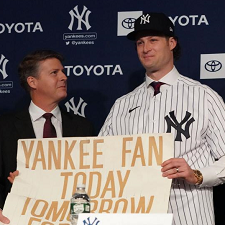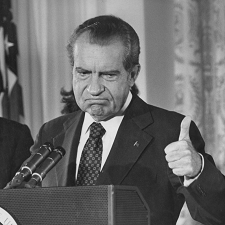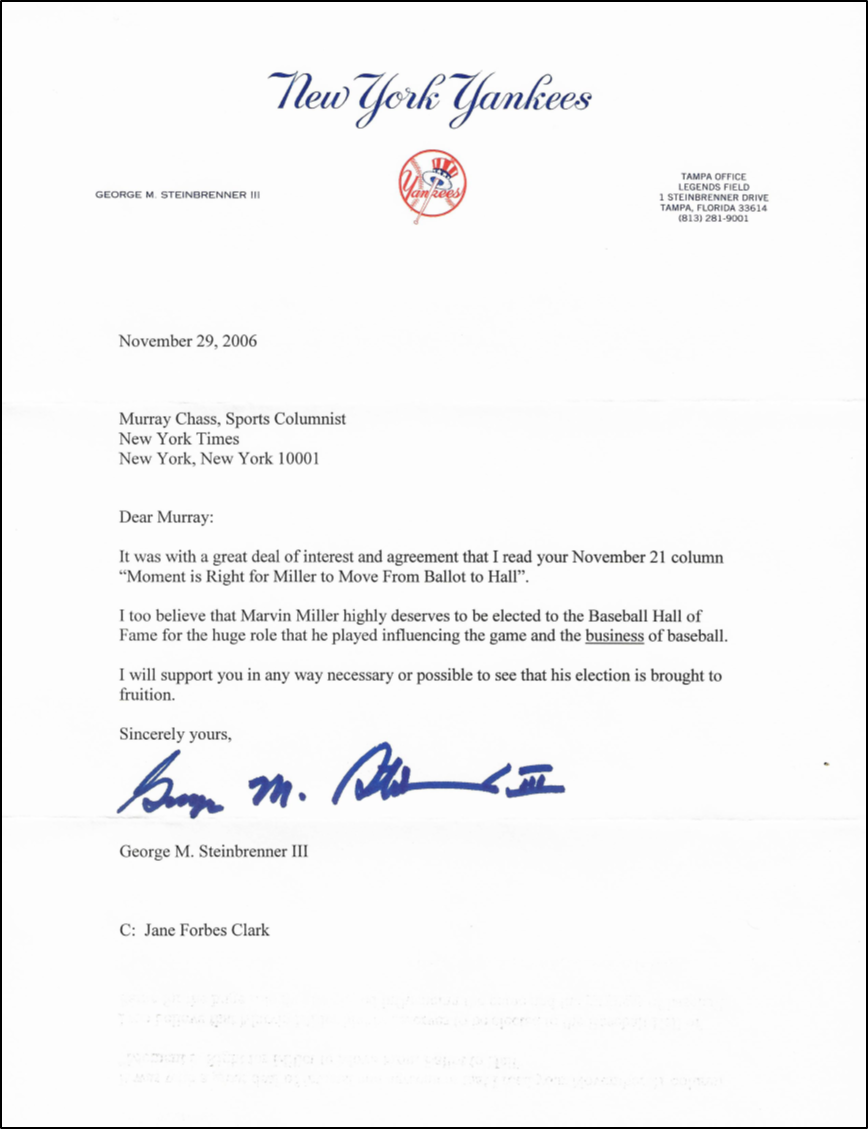SHOCKING DEVELOPMENT: EARLY FREE-AGENT SIGNINGS
Sunday, December 29th, 2019I don’t think I’ll have reason to suspect the owners of collusion this off-season. Unless they are playing a new and different kind of game whose tricks elude my comprehension, they are signing free agents to legitimate contracts. Even Scott Boras, the master procrastinator, has done it.
Boras has secured a 9-year, $324 million contract for Gerritt Cole, the best pitcher on this year’s market. In his usual practice, Boras comes up with a mystery team without identifying it but uses it to entice real competitors and drag out the competition.
Cole, however, wanted to play for the Yankees, and the offer was already high enough that Boras had no reason to stall any longer. Cole, however, has been only one of many free agents who have already signed.
Last off-season the two most desired free agents were Bryce Harper and Manny Machado. Machado signed with San Diego Feb. 21, Harper not until nine days later with Philadelphia. Boras was Harper’s agent.
So what has happened this off-season? The past week was not a good time to find baseball people to ask that question. Offices were shut for the holidays, and the people who usually occupy them were vacationing and not reachable.
So I turned to a former colleague, Zach Kram, whom I can count on to be informed and up to date with such events.
“I’ve seen a number of possible theories,” Kram said, “but none strike me as particularly potent, and they’re all unsupported by any evidence. It’s very strange and I wish I had an answer—but so do a lot of other writers who don’t know why it’s happening either.”
I asked another friend, who is not in baseball but follows it and its developments very closely.
“Lots of money is available,” he said.
I can buy that explanation but have one problem with it. Even when owners have money they don’t like to spend it on players. They certainly don’t like giving it to players. They had money in the mid-1980s but stubbornly and stupidly refused to give it to players and instead engaged in three years of collusion against free agents. The chicanery cost the owners $280 million, which was probably a bargain for them.
What I remember most vividly from those years was the reaction of the owners’ chief labor negotiator, Barry Rona, any time I mentioned collusion. He laughed and scoffed at the suggestion that owners were doing anything illegal against the players. He did not get the last laugh.
With the slow pace of free-agent signings the past two off-seasons I suspected the owners were up to their old tricks, having figured out a way to undermine the players while avoiding the treble damages it would have cost them if they were caught colluding.
This off-season, though, no obvious signs of collusion have surfaced. Clubs have signed dozens of free agents and have signed them to big contracts. The Cole contract has been the biggest, but there have been other big contracts as well.
Among pitchers, Zack Wheeler has abandoned the Mets for the Phillies for five years and $118 million, Madison Bumgarner has left the Giants for the Diamondbacks for 5 years and $85 million, Hyun-Jin Ryu said so long to the Dodgers, moving to Toronto for 4 years and $80 million, Dallas Keuchel moves from the Braves to the White Sox for 3 years and $55.5 million, Cole Hamels at the age of 36 from the Cubs to the Braves for 1 year and $18 million, Dellin Betances from the Yankees to the Mets for 1 year and $10 million, Tannan Roark from Athletics to Blue Jays for 2 years and $24 million, Rick Porcello from the Red Sox to the Mets for 1 year and $10 million.
The most notable pitcher who has stayed home is Stephen Strasburg, who re-signed with the Nationals for 7 years and $245 million.
Among position players, third baseman Anthony Rendon has defected from the Nationals to the Angels for 7 years and $245 million, third baseman Mike Moustakas from the Brewers to the Reds for 4 years and $64 million, catcher Yasman Grandal from the Brewers to the White Sox for 4 years and $73 million, Didi Gregorius from the Yankees to the Phillies for 1 year and $14 million, Brett Gardner remained with the Yankees for 1 year and $12.5 million.
For the most part a lot of movement for a lot of money, unlike recent off-seasons. Will developments encourage clubs to repeat this next off-season? That, of course, remains to be seen. What we do know, on the other hand, is the upcoming season will require much more concentration and study to make sure we know who is playing for whom.

 I never actually met John Kennedy, and come to think of it 60 years later, that was strange, perhaps rude, too.
I never actually met John Kennedy, and come to think of it 60 years later, that was strange, perhaps rude, too.
 When Nixon began his political career, he ran for Congress from California. He defeated his first two opponents, beating Jerry Voorhees for a seat in the House of Representatives and Helen Gahagan Douglas for a seat in the U.S. Senate. He used the same strategy against both opponents, coloring them “pinkos,” suggesting they had Communist leanings. That was the Joseph McCarthy era, and it made Communists unpopular.
When Nixon began his political career, he ran for Congress from California. He defeated his first two opponents, beating Jerry Voorhees for a seat in the House of Representatives and Helen Gahagan Douglas for a seat in the U.S. Senate. He used the same strategy against both opponents, coloring them “pinkos,” suggesting they had Communist leanings. That was the Joseph McCarthy era, and it made Communists unpopular.
